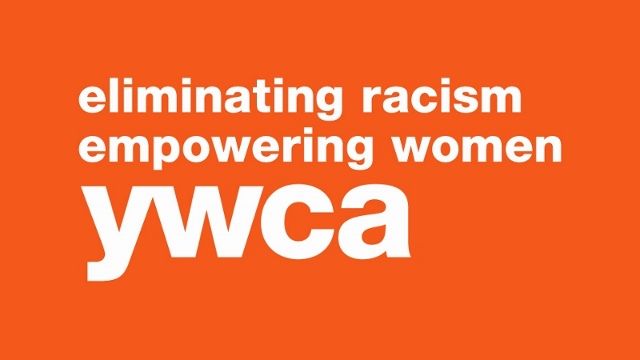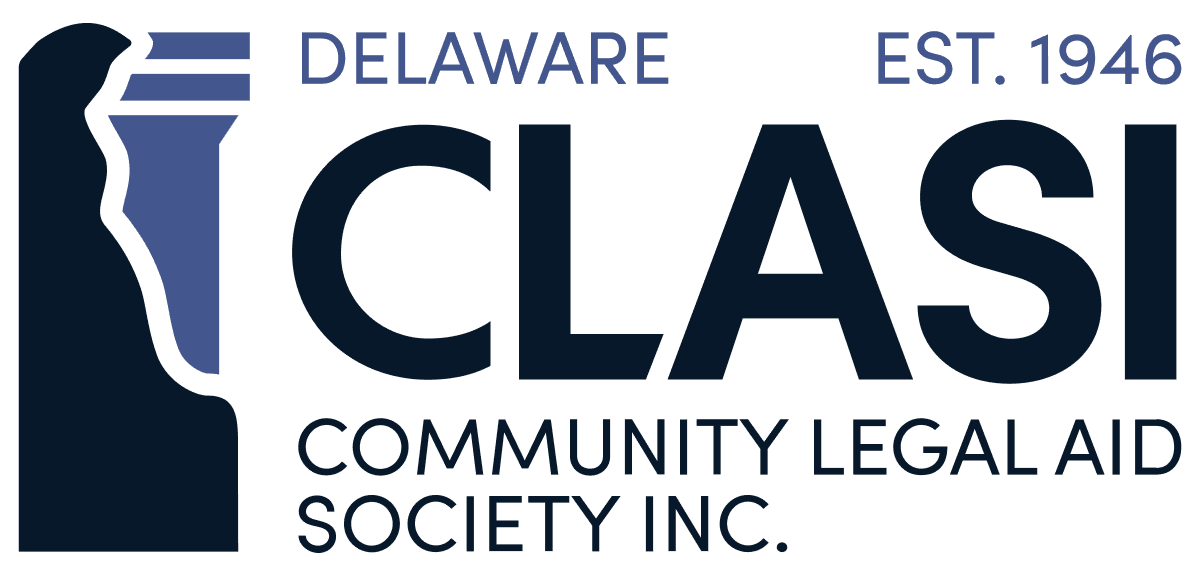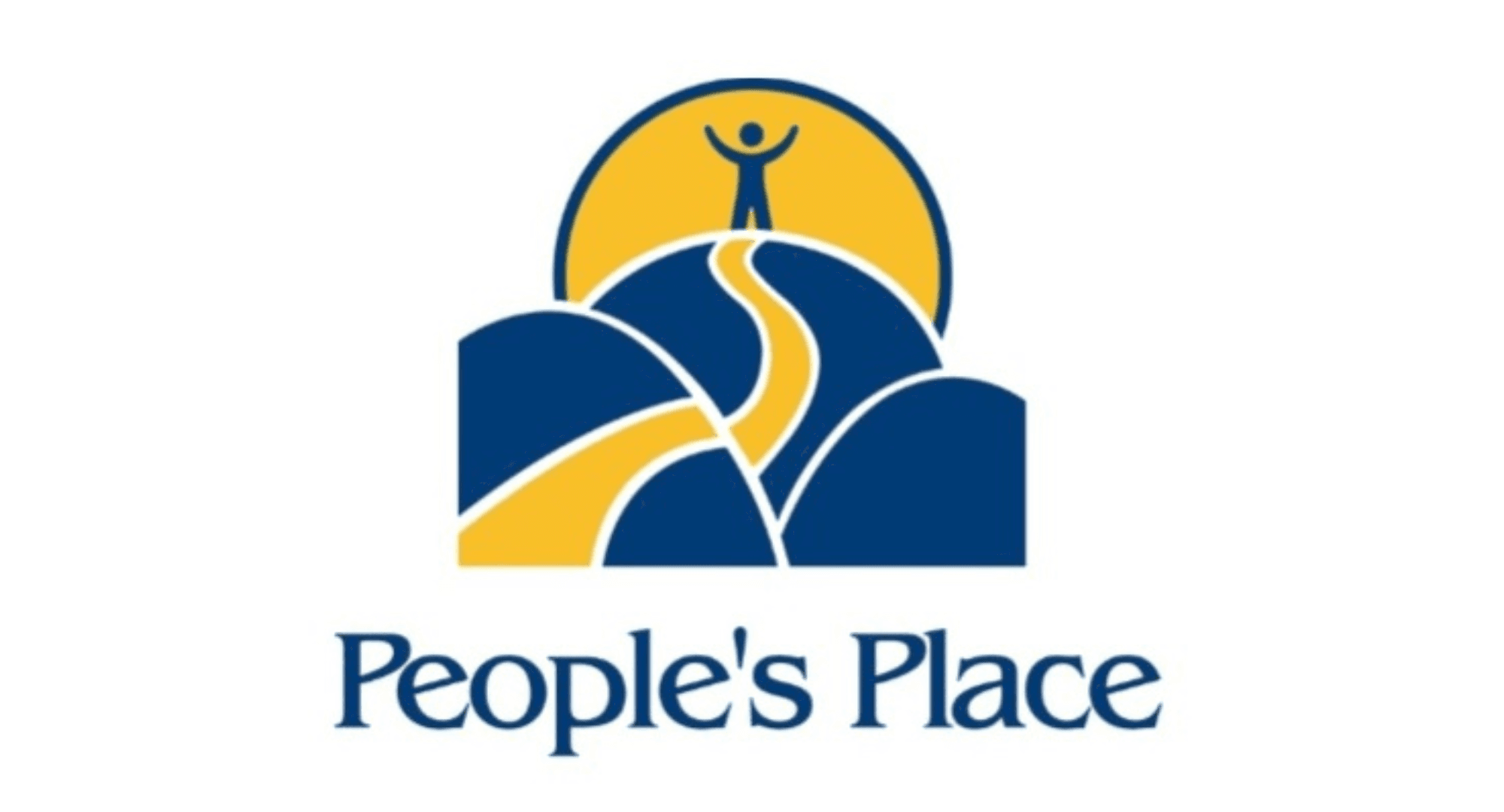Supporting Teens during Teen Dating Violence Awareness Month
Andi Koch, MEd, Pronouns: She/ They
Training Coordinator, Planned Parenthood of Delaware
February has become a month where relationships are celebrated, recognized, and uplifted as a goalpost. This can create an expectation for teens to strive towards relationships before they have come to understand themselves, how to advocate for themselves, and how to set and enforce their personal boundaries. Through this, February has also become an awareness month for Teen Dating Violence Awareness.
Teen dating violence can be a scary concept, especially for guardians of teens. Luckily, there are fantastic organizations that support those who are in situations of dating violence to guide guardians toward answers and help. As educators, the goal here is to provide some key points about how guardians can build healthy relationships with and support their teens.
What do we mean by healthy? At Planned Parenthood of Delaware, we believe a healthy relationship should have five things:
· Respect
· Trust
· Honesty
· Equality
· Good communication
How does this apply to guardians of teens? As a guardian it is your privilege to build a relationship with your teen based on good communication, which should include respect, trust, honesty, and equality. Your conversations with your teen and willingness to listen are the greatest tools in preventing and addressing teen dating violence.
Make yourself available. Guardians can model healthy relationships. A large part of guardianship is providing support and guidance, and this includes expectations for what a healthy relationship can be. It’s important to find the baseline of who your teen is. This means getting to know them as they are, not necessarily as who you would like them to be. Getting to know your teen can help guardians spot when teens may not be acting like themselves and act as a warning sign within unhealthy relationships.
Getting to know your teen means that you’ve started the process of becoming a trusted and safe place for difficult conversations. If you believe your teen may be in an unhealthy relationship, it’s important to address it in a way that shows your teen you will continue to support them as a person no matter their relationship status. Listening to your teen is your greatest tool!
Keep the door open. If you suspect your teen is in an unhealthy or violent relationship, they need your support. Here are some common signs of unhealthy relationships:
· Emotional abuse
· Intimidation or threats
· Minimizing, denying, or blaming
· Isolation or extreme jealousy
· Peer pressure
· Economic abuse
· Sexual and reproductive control
It’s important to understand that ending a relationship may not be easy, and if your teen feels they are being treated badly, they probably are. Help is always available, and guardians can remind teens that they deserve relationships where they feel happy and safe.
If you don’t suspect teen dating violence, it’s still important to keep the door open for your teen to speak with you about the challenges they may be facing.
Talk it out. Guardians may not know where to start or what questions to ask when they suspect teen dating violence. You can start by asking a few questions:
Does your partner…
· Put you down or say negative things about you?
· Check your phone or email without your permission?
· Stay in constant contact with you to monitor what you’re doing?
· Try to control your money by taking it or telling you what you can or can’t spend it on?
· Pressure you to do things you don’t feel comfortable doing?
Do you…
· Feel your choices about your body and sexual health are respected?
· Have privacy and safety in your sexual and reproductive needs?
If your teen answered yes to some of the first questions, they may be in an unhealthy relationship and need further support.
If your teen answered no to the questions about sexual health, Planned Parenthood can help.
Planned Parenthood of Delaware is a great resource for privacy and safety within sexual and reproductive needs. Part of your teen’s support needs may be private methods of birth control or educational support on how to recognize healthy vs. unhealthy relationships. Know that no matter the situation, you and your teen have supportive services available.
Visit plannedparenthood.org for more information on healthy relationships and informed health decisions.




